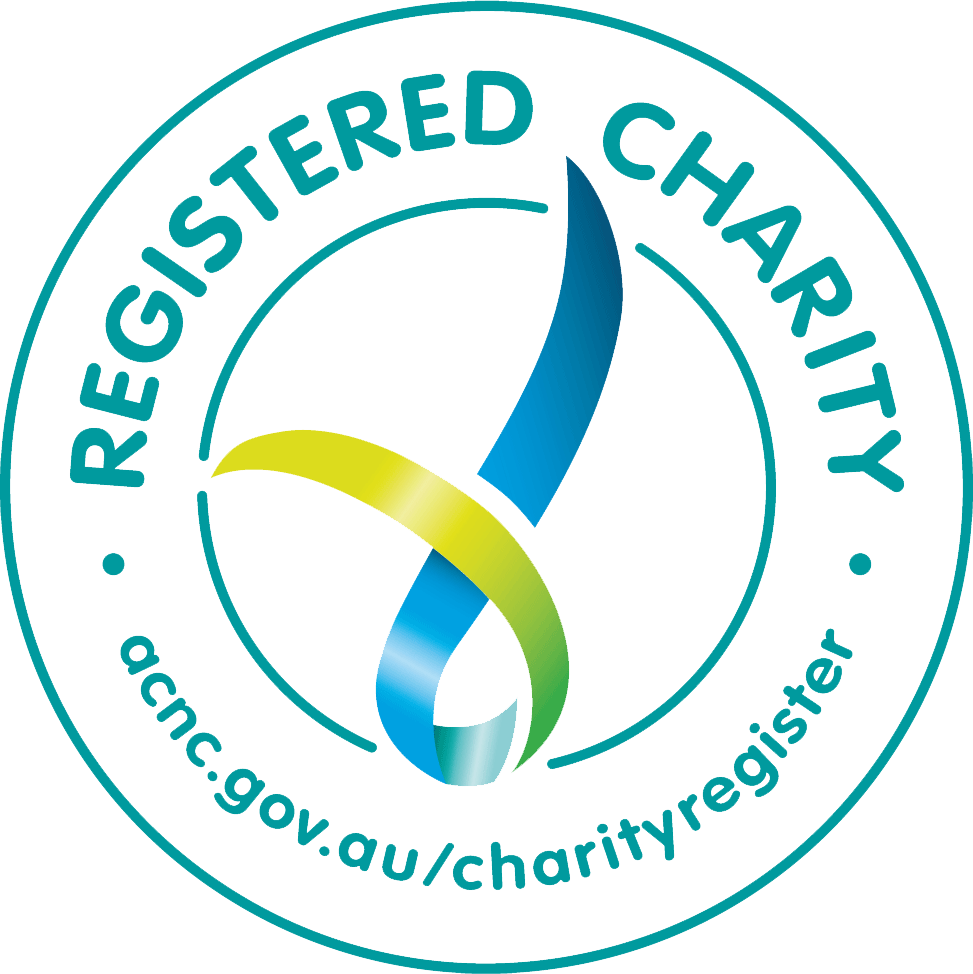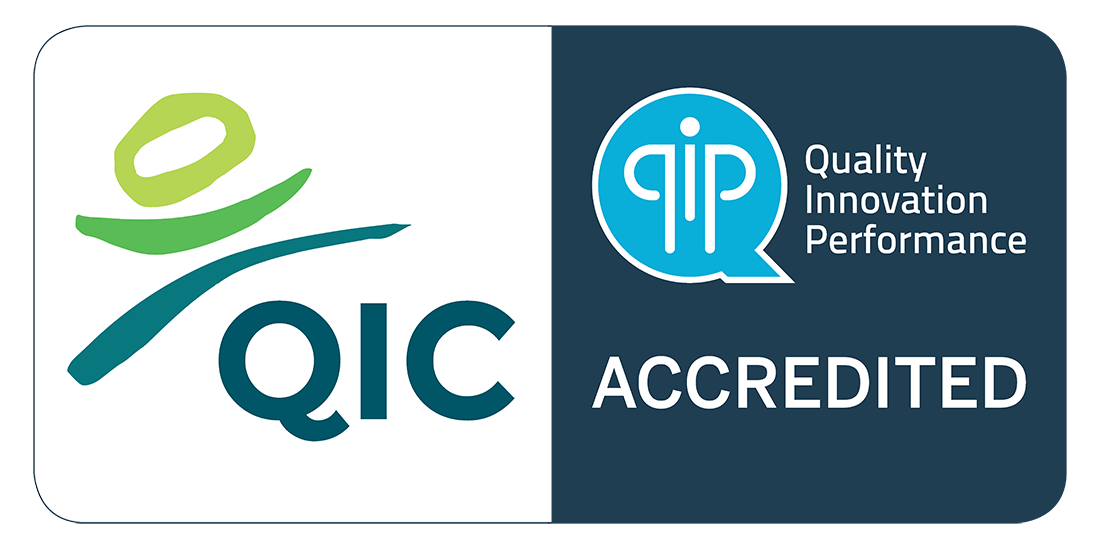Youth homelessness is a crisis that lives behind the headlines; an issue too often ignored and yet devastating in its reach. The statistics are staggering: in a recent survey conducted by Mission Australia on over 19,500 young people aged 15 to 19, 1 in 10 had experienced homelessness in the last year – with over 38,000 seeking help from homeless services. At the core of this crisis is a cycle of complex issues – family breakdowns, economic struggles, mental health challenges – that create a perfect storm of vulnerability. Left without support, these young people are pushed into circumstances that no one should endure.
As a nation, we have the power to change their futures. By understanding the complex causes of homelessness, we can rally together to offer these young people a chance for something better: a future where they can heal and thrive.
What is Youth Homelessness?
Youth homelessness is the experience of young people, typically aged 12 to 25, who lack stable and secure housing. This can mean sleeping rough, staying in overcrowded or unsafe accommodations, or relying on temporary solutions like couch surfing.
For the thousands of young Australians who experienced homelessness in the past year, 41% reported having a mental health condition, compared to just 13% of their counterparts in stable living environments. Youth homelessness isn’t just about a lack of shelter; it’s a symptom of deeper systemic and personal challenges.
Family Breakdown and Domestic Violence
For many young people, home may not be safe haven but a source of conflict and fear. Research reveals that 34% of homeless youths in Australia cite strained or poor family relationships as a contributing factor—a rate seven times higher than those living in secure housing. Many of these young people experience home life impacted by emotional, psychological, and physical abuse.
Domestic violence is often a catalyst for homelessness, leaving young people with little choice but to leave home. Without proper support, they are thrust into a life of instability and hardship. In the past financial year, 44% of young people in Lighthouse youth-focused programs shared that they have experienced trauma related to physical abuse. Additionally, 37% were referred to Lighthouse due to family conflict or violence.
Through collaborative efforts between government and non-profit organisations, we can improve access to family support services and safe housing options, and create a pathway to safety and stability for those who need it most.
Economic Challenges and Housing Instability
Financial stress, unemployment, and the ongoing housing crisis create barriers that many young people cannot overcome. The lack of affordable housing in Australia often leaves vulnerable young people without options. Coupled with unemployment, which disproportionately affects those aged 15–24, the risk of homelessness increases. Many are left with difficult choices: pay for rent or buy food, continue their education or give up their dreams, work long hours in a low-paying job or face sleeping rough on the streets.
Of the thousands of young people who turned to specialist homelessness services in the past year, 55% were already homeless. Too many suffer with the burden of financial hardship in silence, without opportunities or resources to escape the cycle of socioeconomic disadvantage.
At Lighthouse Foundation, our Therapeutic Homes provide safe and supportive living environments where young people can regain stability and chart a path toward a brighter future. Learn more about our Secure Base, Therapeutic, and Transitional homes and programs.
Mental Health Issues and Support Gaps
Homelessness and mental health challenges are deeply intertwined. Struggles with anxiety, PTSD, or depression often arise from experiences of abuse, neglect, or trauma. For young people without a home, these struggles are exacerbated, making it even more difficult to find help.
Despite the clear connection, many young Australians face barriers to accessing mental health services due to cost, stigma, or systemic gaps. By supporting initiatives that prioritise accessible mental health care, like the Better Access Initiative and Head to Health, we can help young people receive the support they need to overcome challenges and build a stable future.
If you or someone close to you needs support, we encourage you to reach out to these trusted organisations:
- Kids Helpline: 1800 55 1800 (A safe space to talk for young people aged 5-25)
- Headspace: 1800 650 890 (Free online, phone, and in-person mental health support for ages 12-25)
- Lifeline: 13 11 14 (Immediate support for anyone in distress)
- Beyond Blue: 1300 22 4636 (Help for anyone managing mental health challenges, anytime)
Help End Youth Homelessness, Together.
Every night, thousands of young Australians face danger, isolation, and uncertainty. But change is possible—with your help. Every donation supports safe housing and life-changing programs. Every volunteer hour brings hope and healing to those in need. Every dollar raised pushes us closer towards our mission of ending youth homelessness, together.







